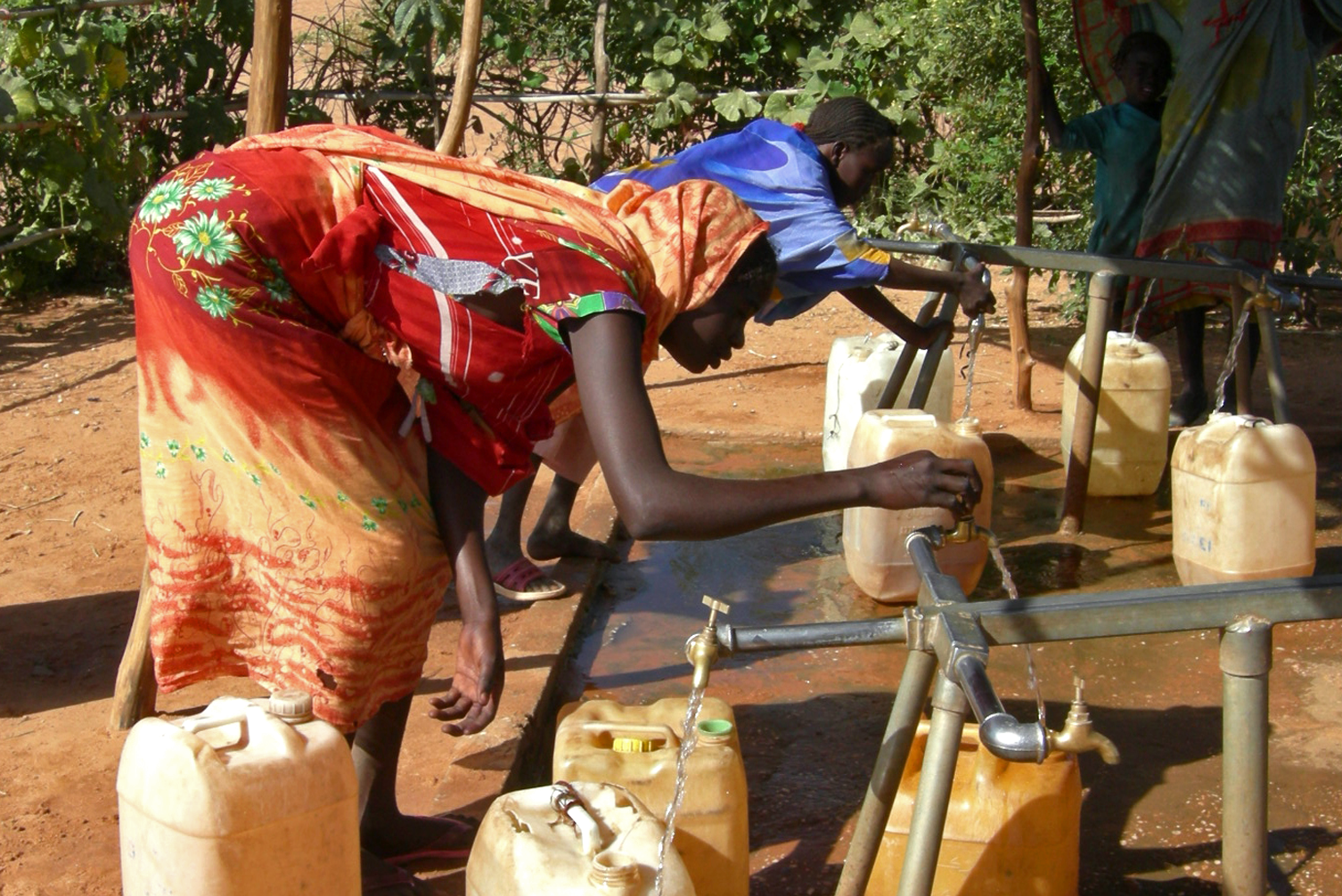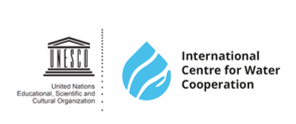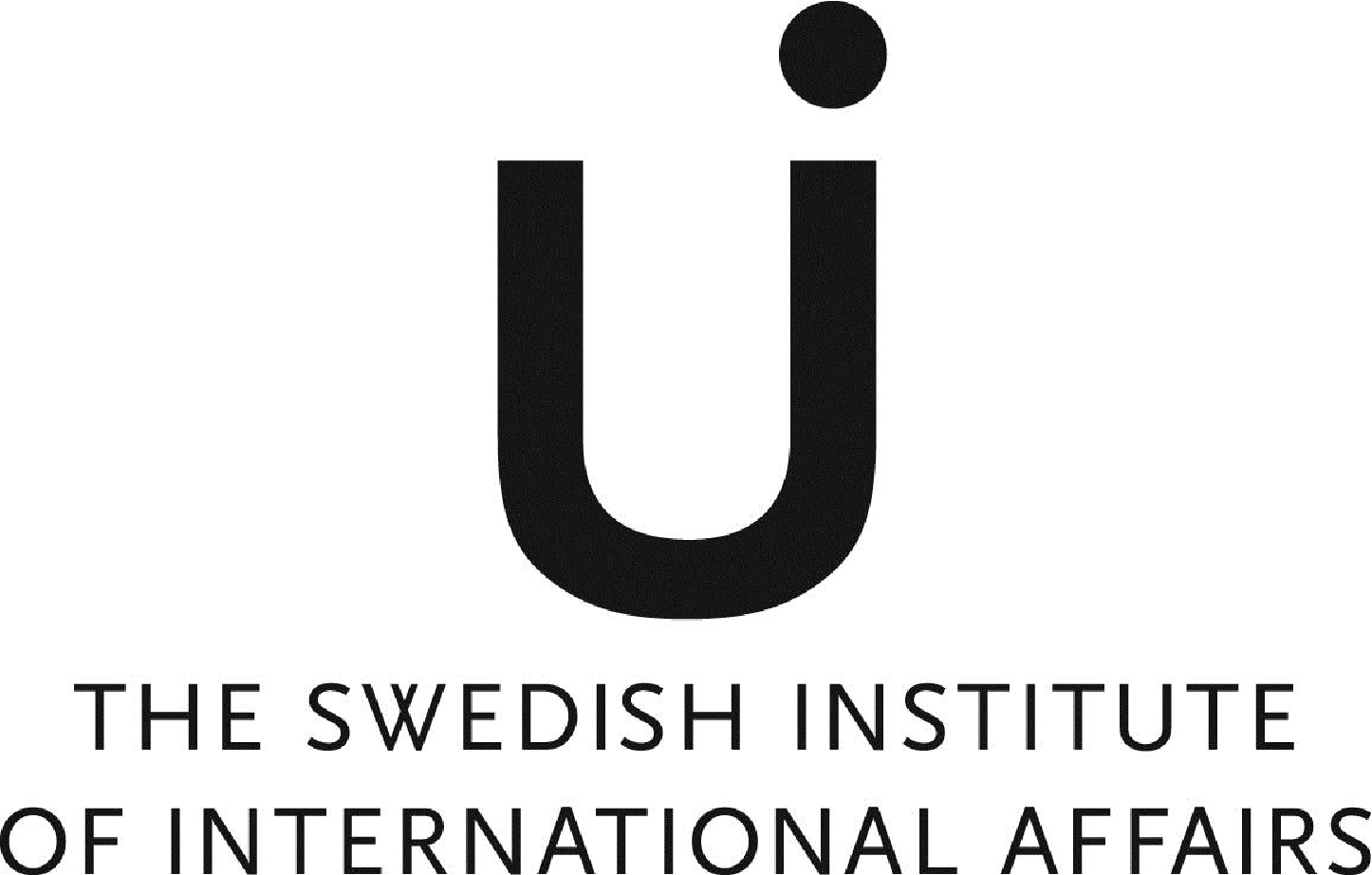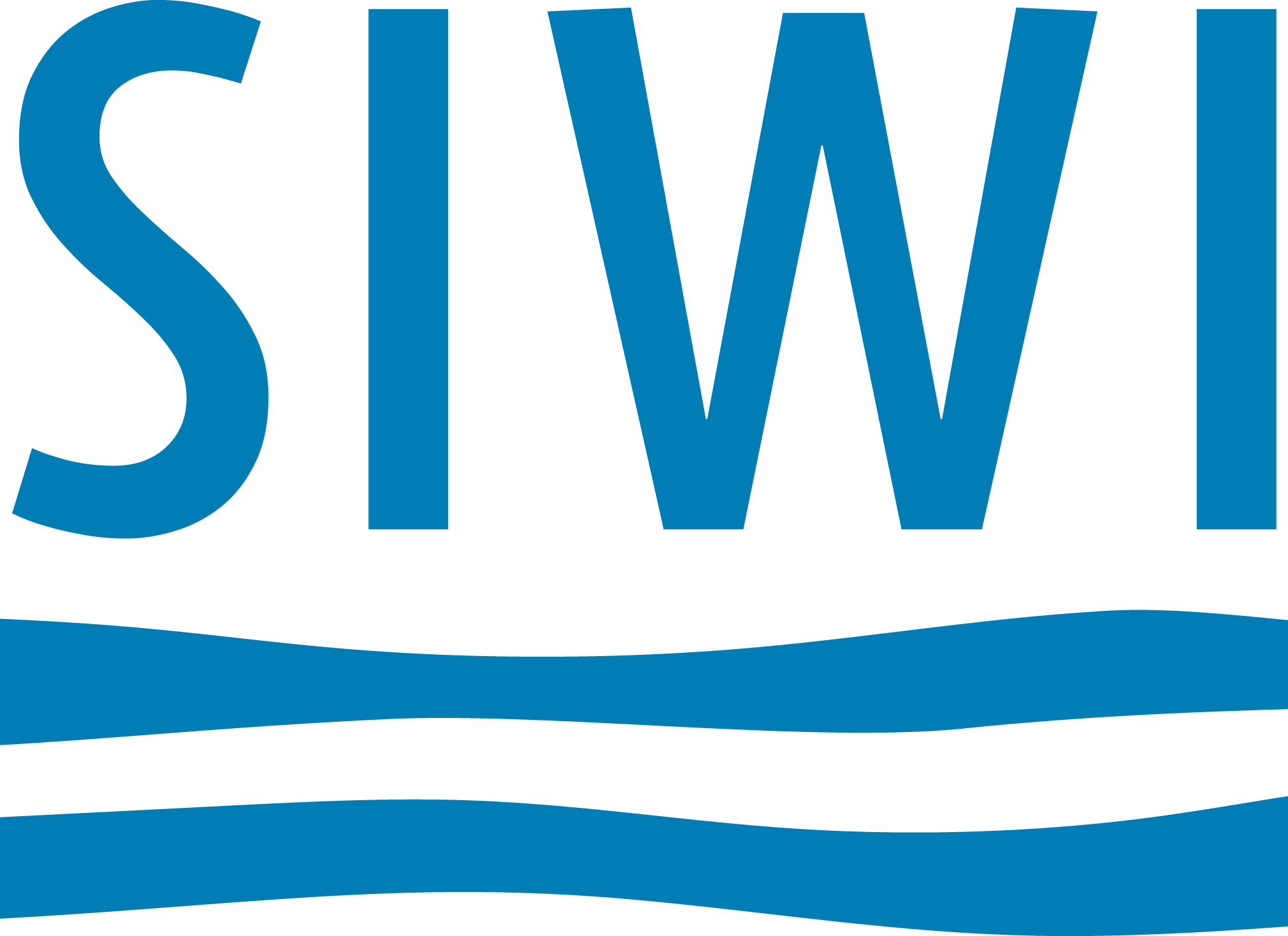
Tracing Intersections of COVID-19: Gender, Water and Armed Conflicts
The COVID-19 pandemic has disrupted the world and provided an opportunity to press the re-set button on water crises and gender inequalities. Although women and girls are affected disproportionally, especially in water-scarce parts of the world impacted by armed violence, women play a central role in emergency response, both at the household level as water providers and at the community level through women-led organizations.
This Water Dialogue will present recently released research on the gendered consequences of disease outbreaks in fragile and conflict affected states and how armed non-state actors are using COVID-19 in the Middle East and North Africa (MENA) to gain legitimacy.
How can state actors effectively mitigate the COVID-19 pandemic outbreak in water scarce parts of MENA affected by armed conflicts? How might the current crisis affect women and girls, as well as organized responses from non-state actors?
To understand why women and women-led organizations are a key, yet often underestimated resource in efforts to fight the pandemic in water scare parts of the MENA region, this Water Dialogue gathered experts on water, sanitation, and hygiene (WASH), gendered conflict analysis, and the co-leader of local organization Women Solidarity Network from Yemen.
Introduction:
Dr. Martina Klimes, Advisor, Water and Peace, Stockholm International Water Institute (SIWI)
Keynote speech:
Muna Luqman,Co-founder of the Women Solidarity Network and Chairperson of the Yemeni foundation “Food For Humanity”
Panel:
Alexandra Said,Programme Officer, Transboundary Water Cooperation, Stockholm International Water Institute (SIWI)
Panchali Saikia, Programme Officer, Water and Sanitation, Stockholm International Water Institute (SIWI)
Moderator:
Sofie Berglund, Programme Manager and Analyst, UI’s Global Politics and Security Programme
 |
|

